In today’s rapidly evolving energy landscape, the demand for efficient and sustainable system services has never been greater. The OneNet project is leading the way in creating a new generation of system services designed to harness the full potential of demand response, storage, and distributed generation. At the heart of OneNet’s mission is the commitment to establish a fair, transparent, and open environment for consumers. Next-Generation System Services
The scope of the OneNet project is ambitious, spanning across four regional demonstration clusters that encompass over 15 countries. These regions bring a diverse array of environmental, techno-economic, institutional, and regulatory conditions into play. An intriguing question arises: can the outcomes achieved within the demonstration clusters be effectively scaled up or replicated when faced with changes in these boundary conditions?
Scalability and Replicability Analysis (SRA)
To address this critical question, the project has introduced the Scalability and Replicability Analysis (SRA) outlined in the document below. The primary objective of the SRA is to identify and evaluate the factors that enable or hinder the upscaling or replication of OneNet’s solutions and Business Use Cases (BUCs). Furthermore, it seeks to explore the conditions under which the results observed within the demonstration clusters can maintain their validity and robustness on a larger scale.
The SRA predominantly focuses on functional aspects that impact the scalability and replicability of the demo solutions. The methodology employed for the SRA draws upon two essential inputs. Firstly, it leverages insights from previous EU projects, identifying key Business Use Cases and mapping them against OneNet’s BUCs. This analysis considers market architecture, key performance indicators, services tested, and demo site characteristics to uncover insights and identify gaps in previous endeavors.
Secondly, the SRA engages in a robust consultation process with OneNet partners and stakeholders, utilizing surveys and workshops to address the identified gaps and challenges not adequately covered in prior projects. The results of these efforts pinpoint key barriers that must be overcome when scaling or replicating OneNet’s solutions.
Key Barriers and Challenges
Among the barriers identified are variations in LV and MV grid monitoring across countries, misalignment between BUCs tested and common grid conditions, and discrepancies in flexibility-based solutions for N-1 scenarios. Additionally, differences in the availability and suitability of Flexible Service Providers (FSPs) by type and voltage level pose challenges. The report also highlights the importance of stakeholder engagement, the usefulness of different FSP types, and the complexities surrounding responsibility allocation in case of non-delivered flexibility.
Lastly, the regional aspect of some OneNet BUCs raises questions about cross-border flexibility solutions, including harmonization issues, governance challenges, and cybersecurity concerns.
Towards a Sustainable Energy Future
The findings of the Scalability and Replicability Analysis serve as a critical input for developing the widespread implementation of market schemes and interoperable platforms within the OneNet project. As the OneNet project continues to pave the way for the future of system services, it remains dedicated to ensuring that its innovations can transcend boundaries and create a sustainable energy future for all of Europe.



